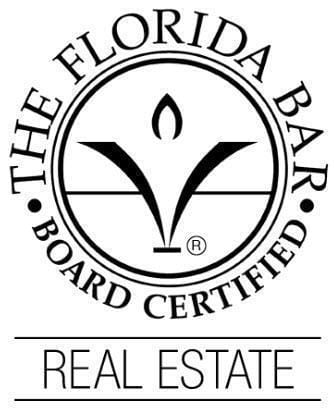When shopping around for a secondary home or investment property in Florida, buyers may come across easements. Easements are common in real estate, but certain types may be cause for concern.
An easement is a legal arrangement that allows another party to use a portion of the property. Easements may include allowing a neighbor to access a shared driveway, and many utility companies hold easements to access utilities.
Types of easements
Homebuyers will come across a few different types of easements when shopping. Understanding the basics of easements can help buyers make an educated decision about their property. Different easements fulfill different goals:
- Express: People create express easements during property transfers, like with a deed or will. Property changes hands as usual, but the owner may place an easement on a parcel of land for a specific use.
- Implied: Common with land divided into smaller parcels, implied easements must meet three requirements. The easement must be necessary to the enjoyment of the original property, the property must be divided and the land concerning the easement must have existed before the sale.
- Prescriptive: Prescriptive easements arise when property owners fail to recognize another’s use of their land. Prescriptive easements are common in rural areas, where a person may have unknowingly used their neighbor’s land for a certain amount of time (seven years in Florida).
- Preservation/Conservation: These voluntary easements between a property owner and another party (usually the government) protect a specific parcel of land from development. The Internal Revenue Service (IRS) recognizes official conservation easements, which may grant certain tax breaks. These easements typically protect historical or environmentally precious land.
Each of these easements may be positive or negative. Positive easements allow access, while negative easements restrict.
Compare options with a real estate lawyer
Easements often come with a lot of questions. Buyers can find answers with a local attorney familiar with Florida’s real estate laws. A lawyer will help vet properties, recommend inspectors and investigate troublesome easements.




